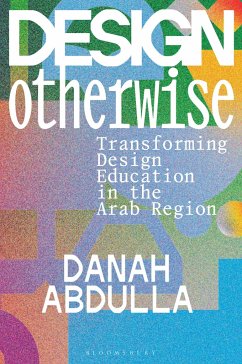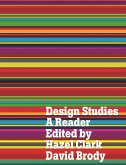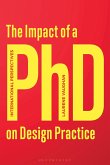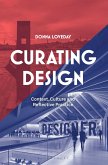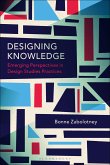How can we study and teach design in a way that is critical, socially engaged and relevant to place? In this timely book, Danah Abdulla challenges us to imagine a design education and culture that moves beyond blindly borrowing Eurocentric models and frameworks. Drawing on learnings from work with design students, educators and designers in the Arab region, with a particular focus on Jordan and featuring examples from Lebanon, Egypt and the United Arab Emirates, Abdulla creates a dialogue with those who have most at stake in education to imagine how we can develop a collaborative, contextually based and socially relevant design education. By first contextualising higher education and design education in the region, and examining the issues and challenges that are pertinent to the development of curricula and pedagogy, such as power, bureaucracy, language and access, Abdulla considers the purpose and relevance of design education in contemporary postcolonial societies. She explores how regional identities and class divisions shape the development of design cultures, as well as different perceptions of design and its value. Abdulla highlights design's role in society and the models of curricula and pedagogy appropriate for developing contextually situated design education. Outlining skills and strategies for equipping future designers, she proposes new possibilities for forms of practice and an actionable framework for developing design education.
Hinweis: Dieser Artikel kann nur an eine deutsche Lieferadresse ausgeliefert werden.
Hinweis: Dieser Artikel kann nur an eine deutsche Lieferadresse ausgeliefert werden.

